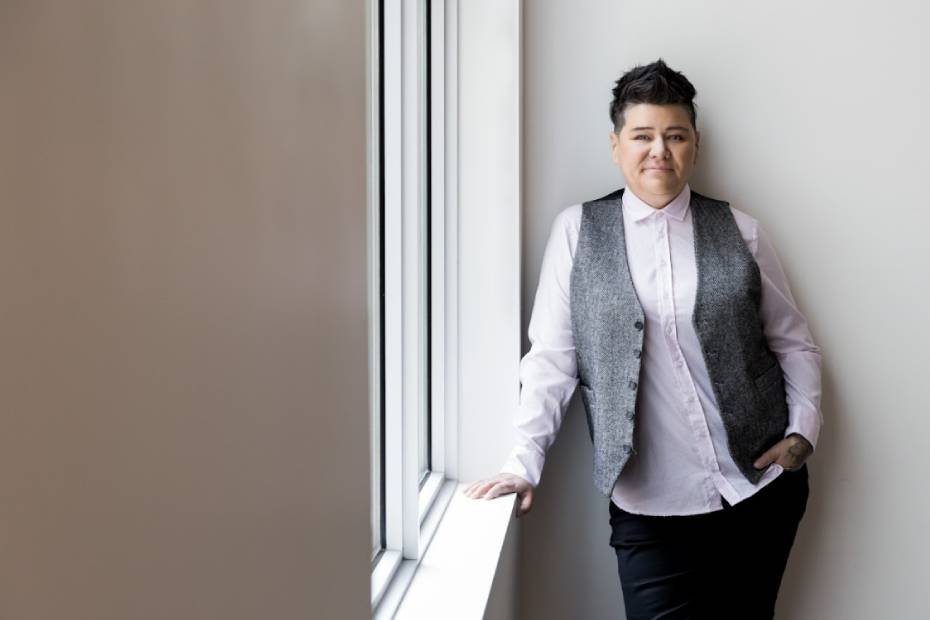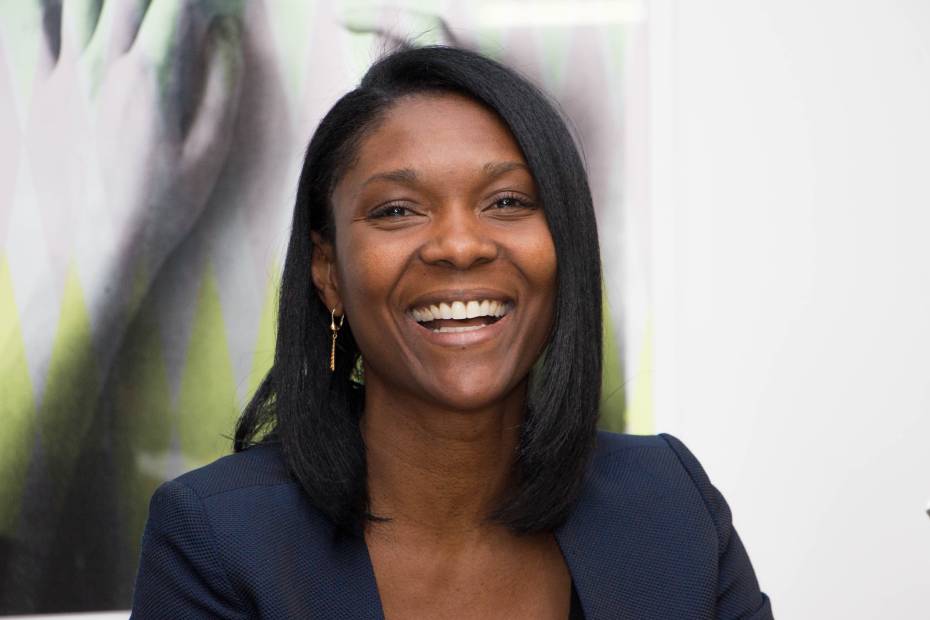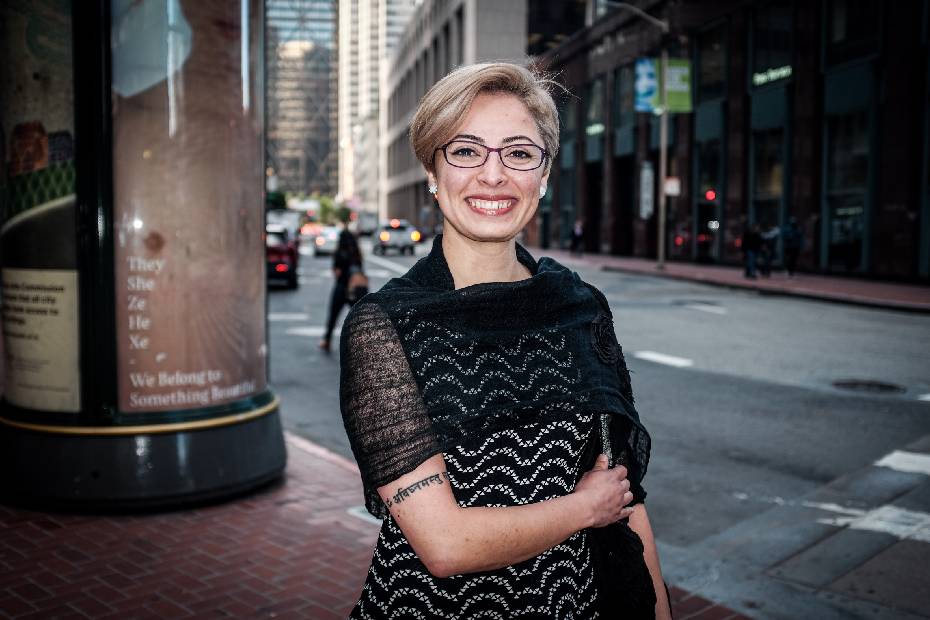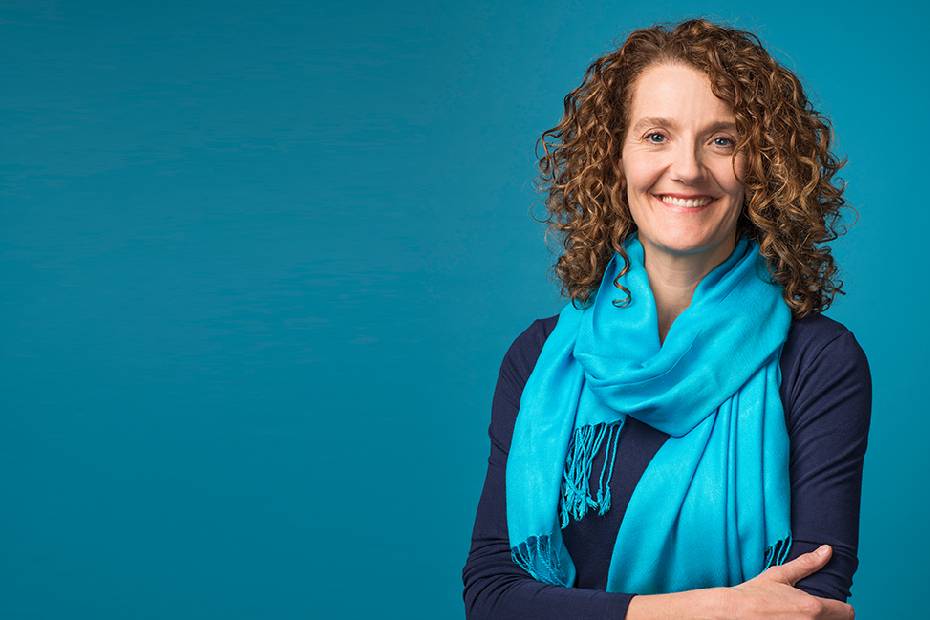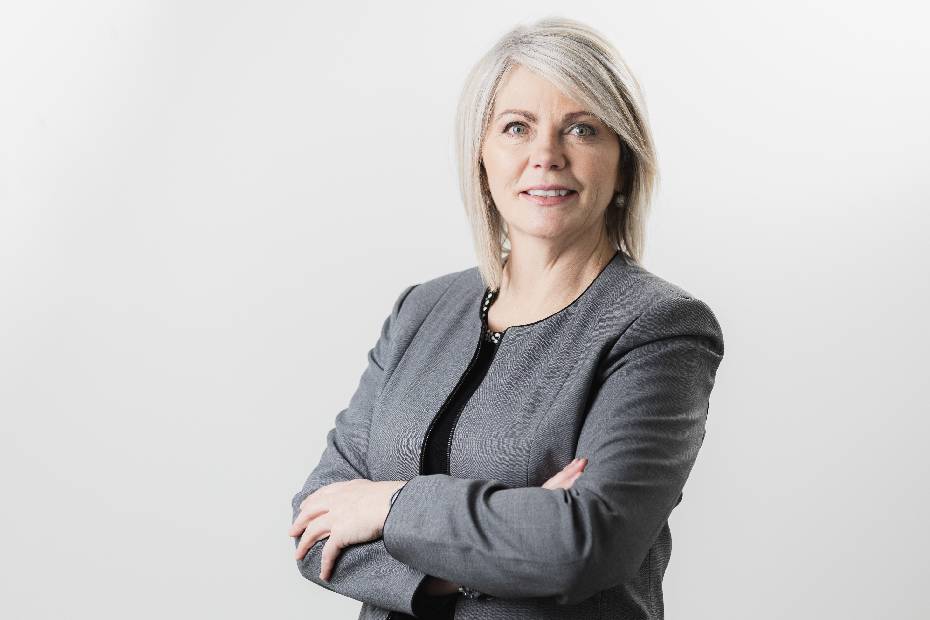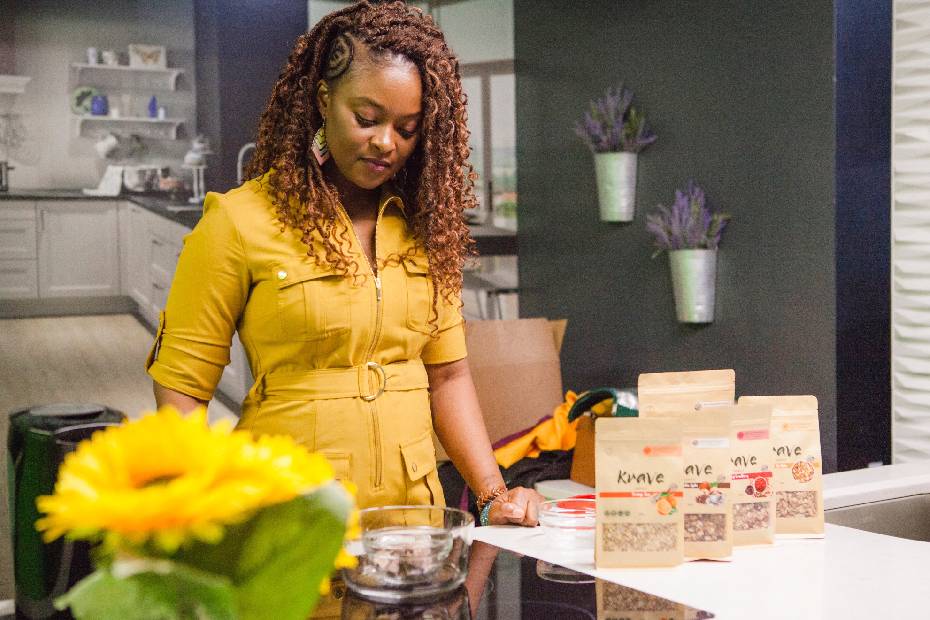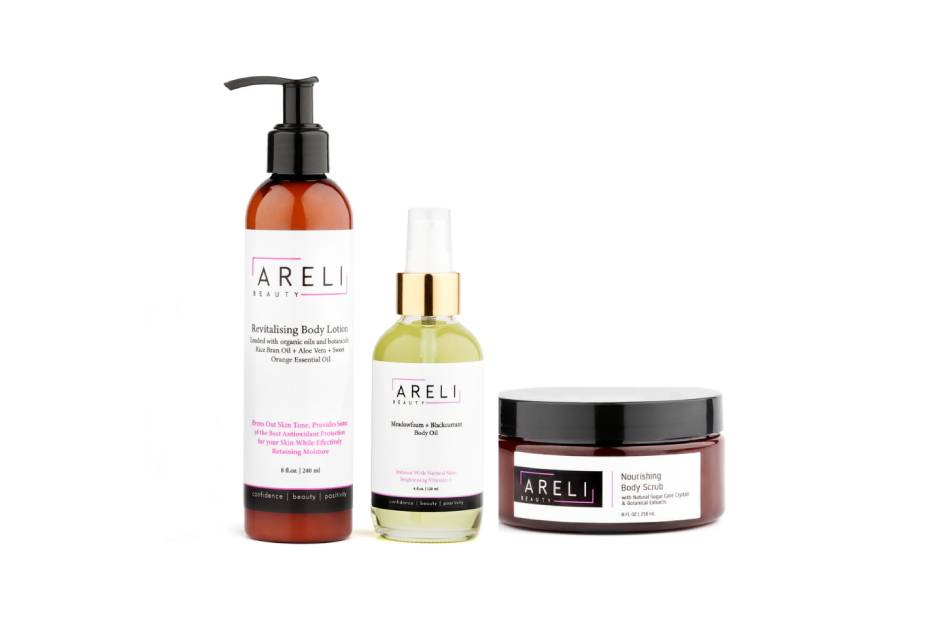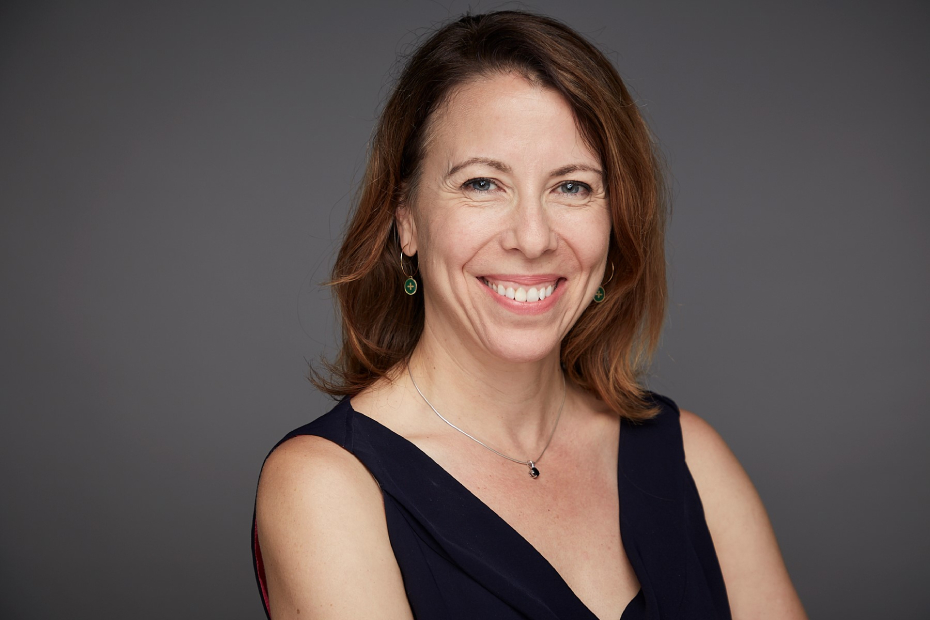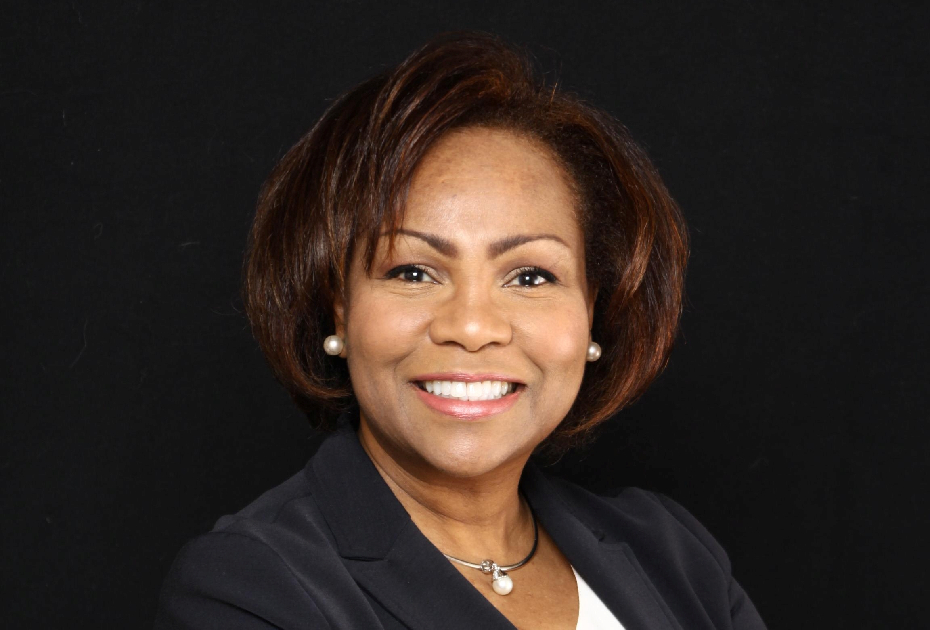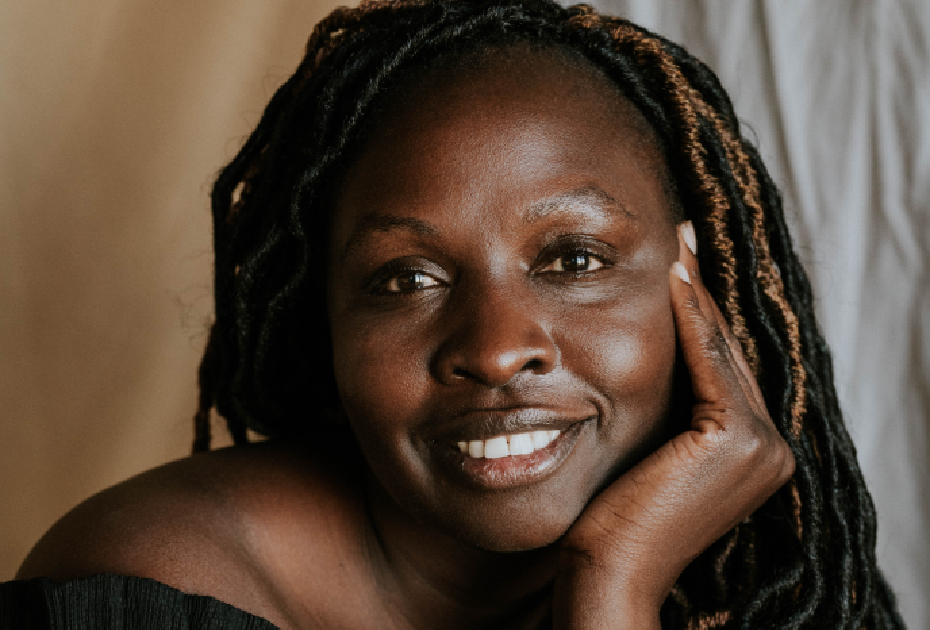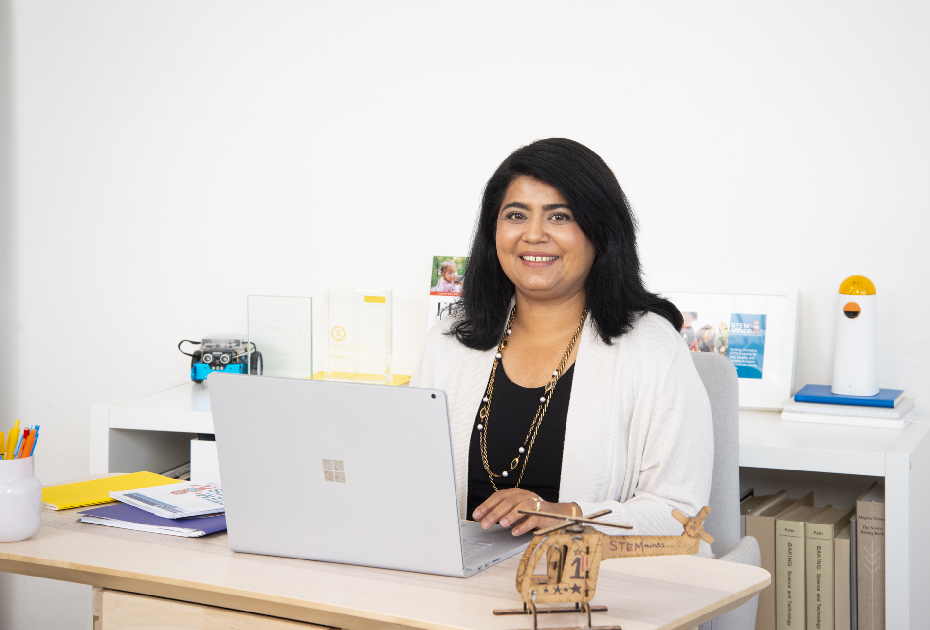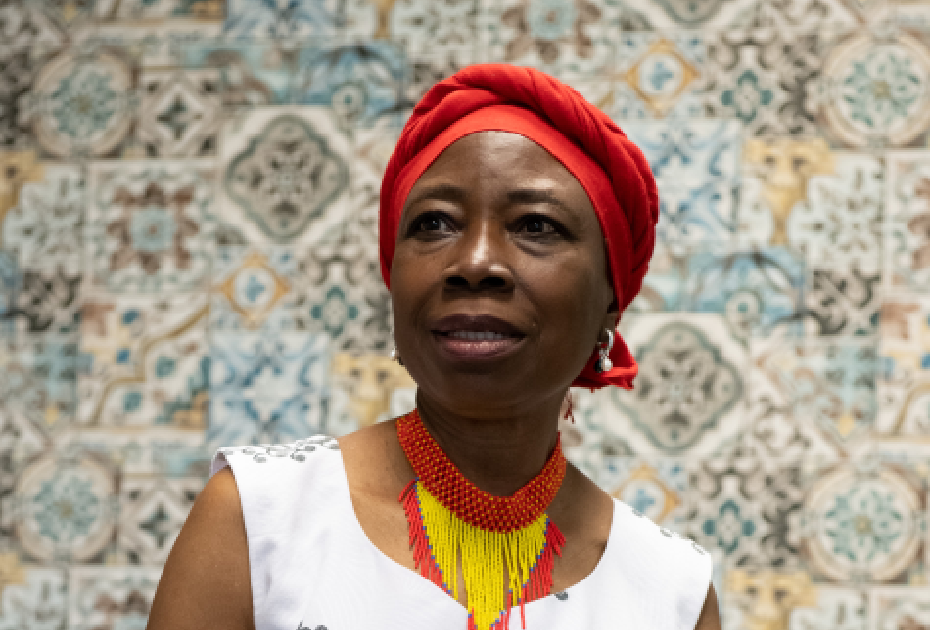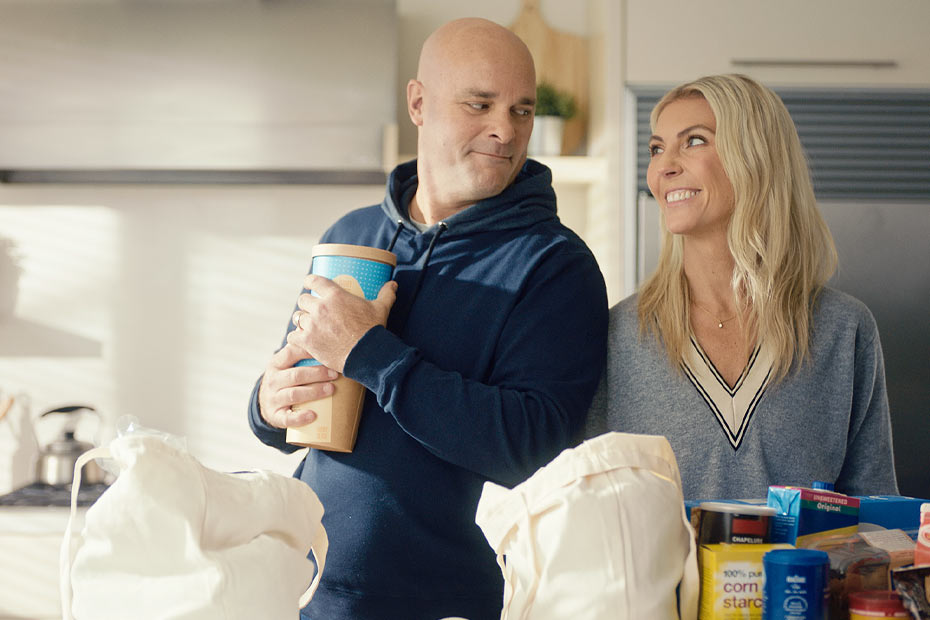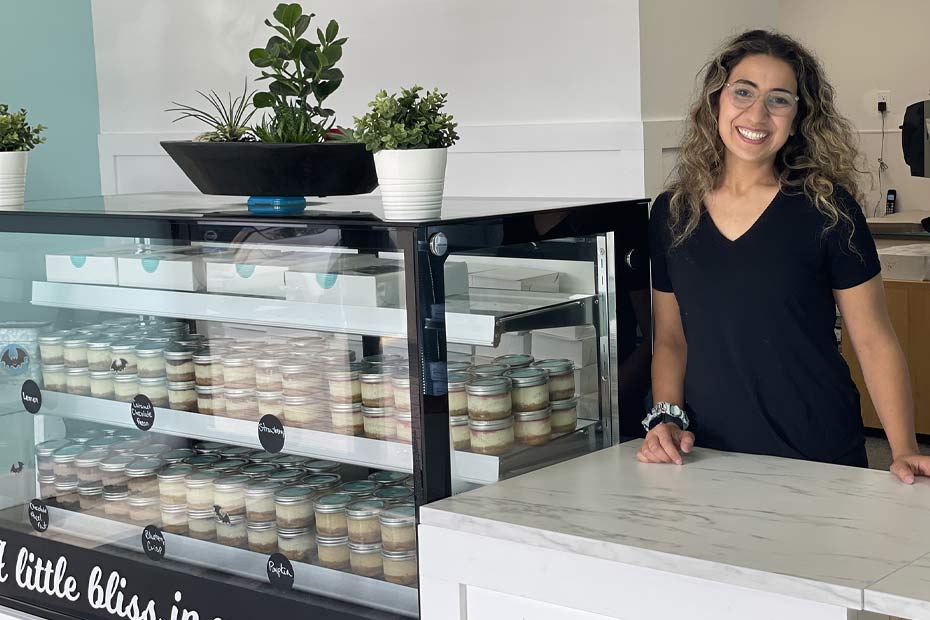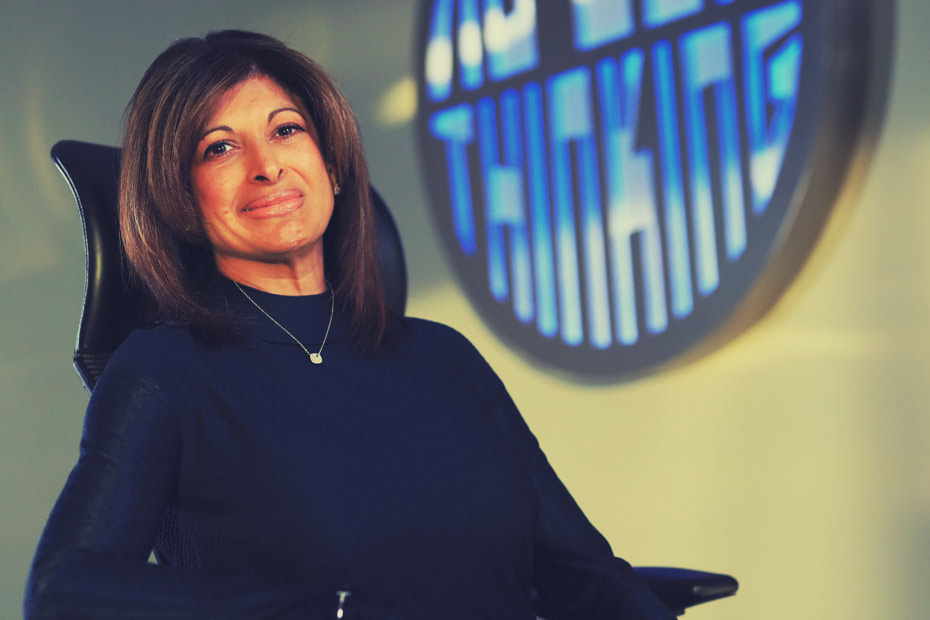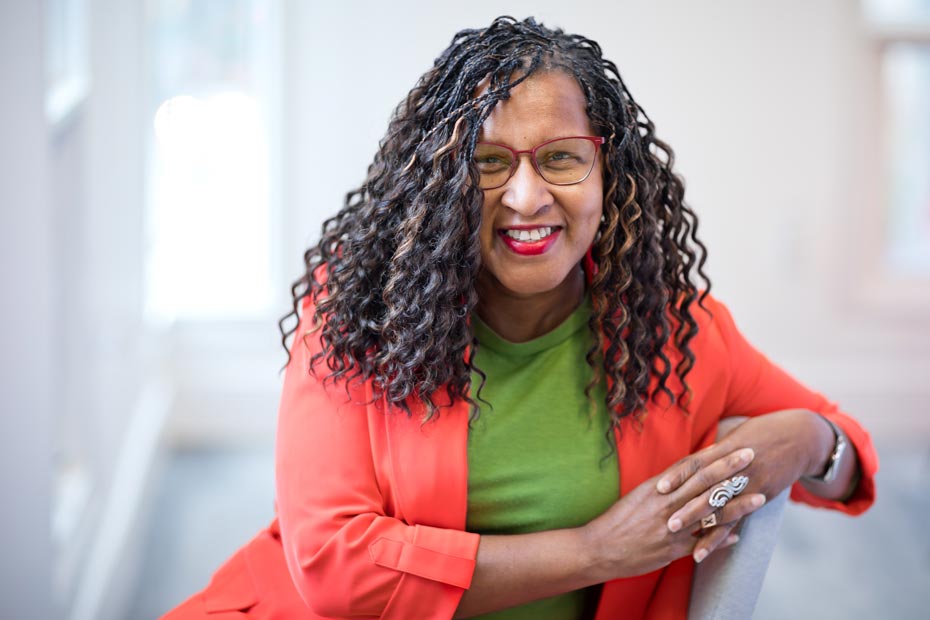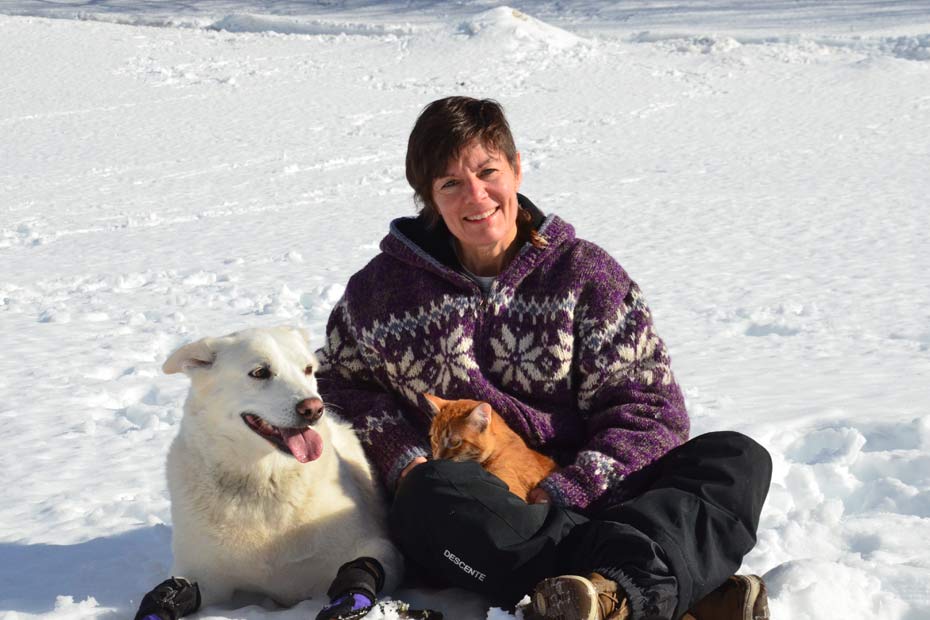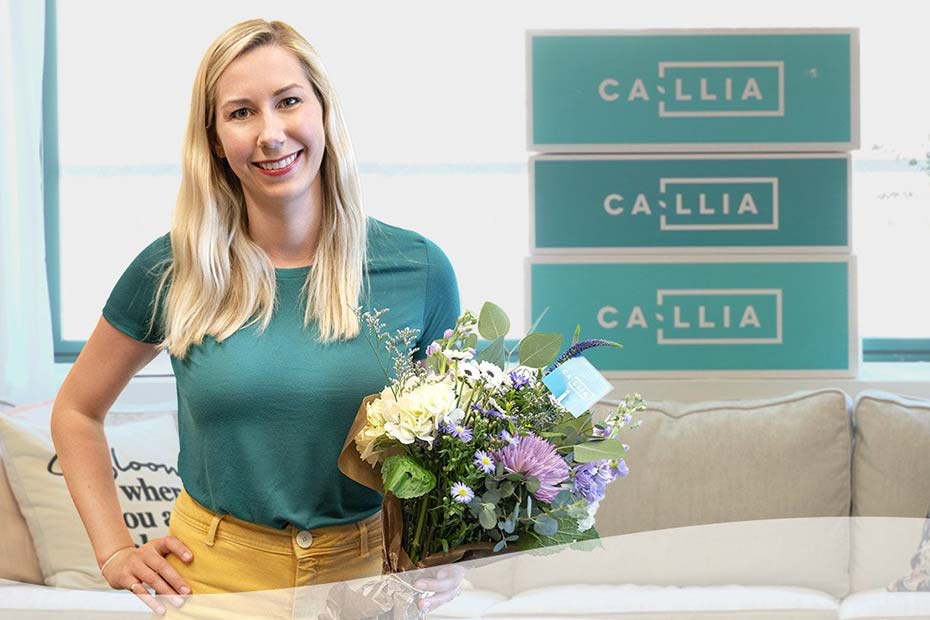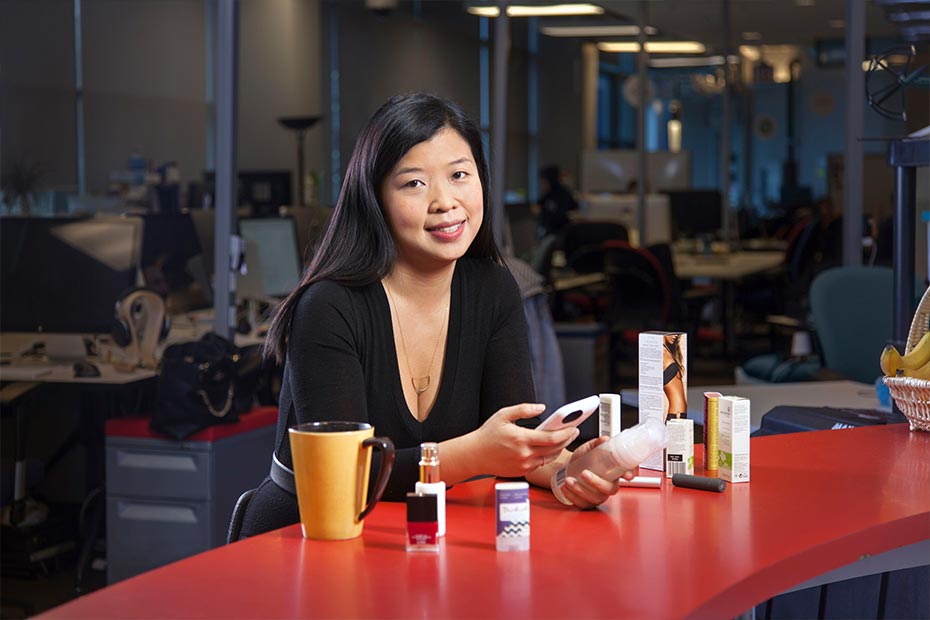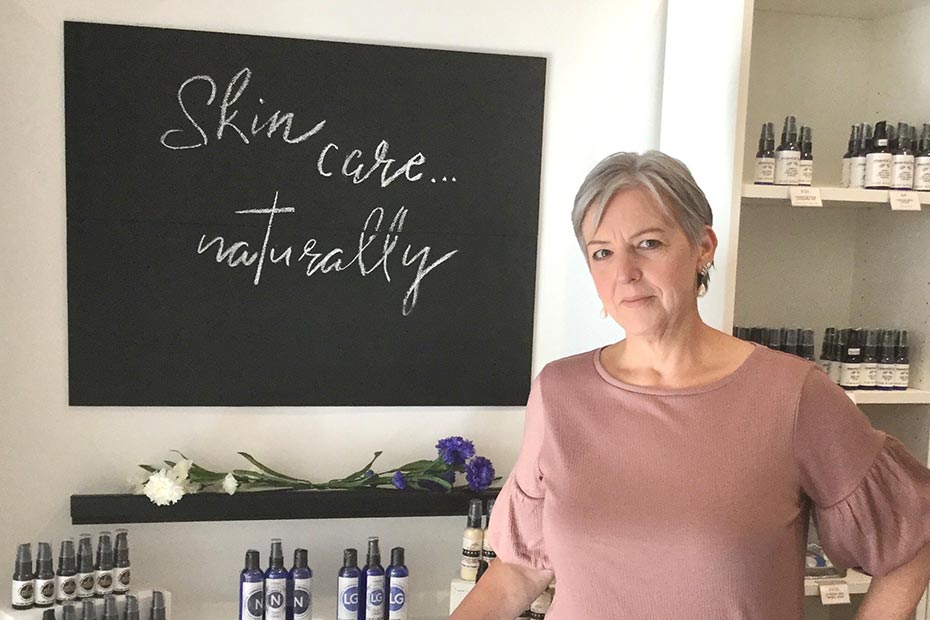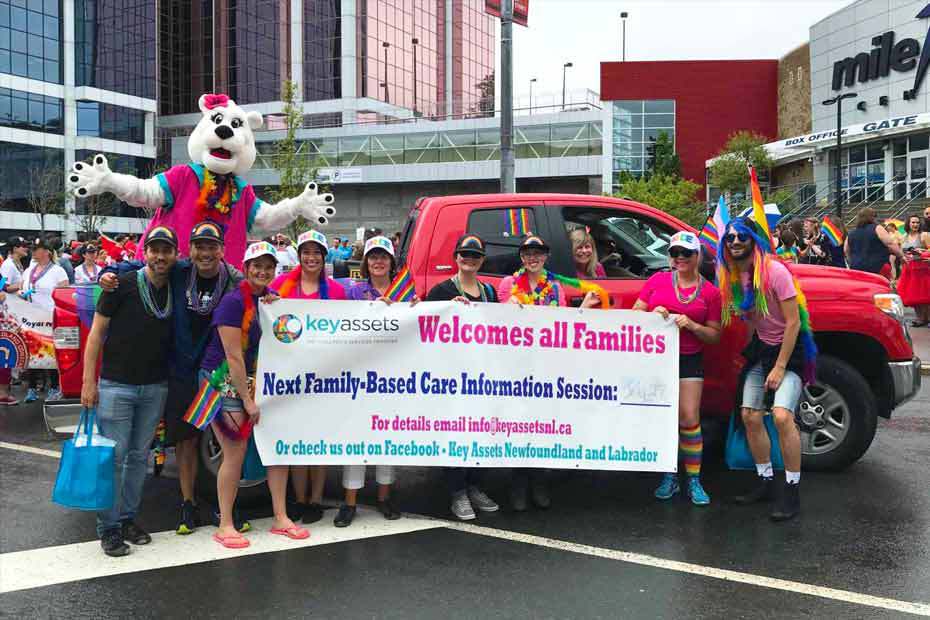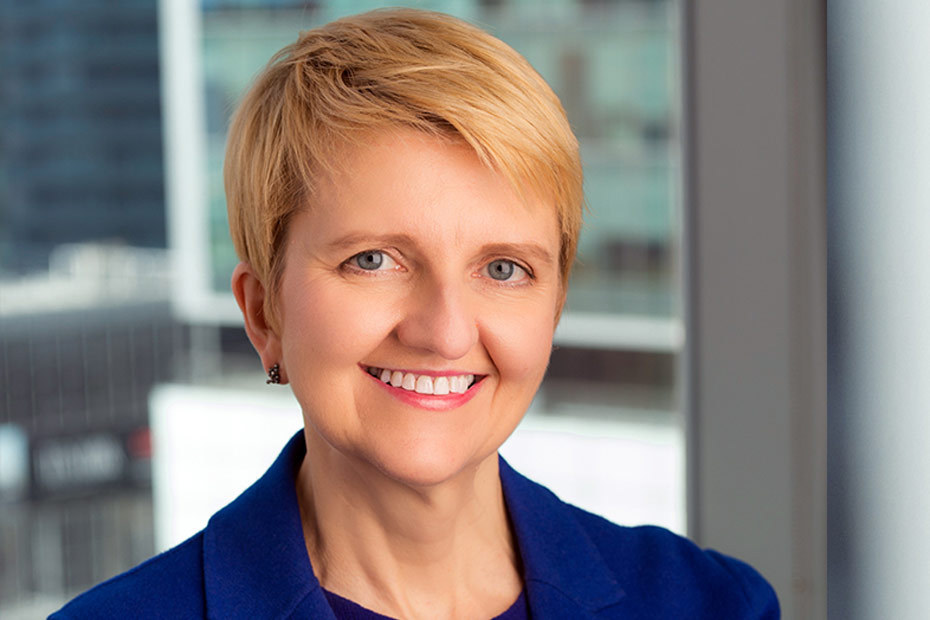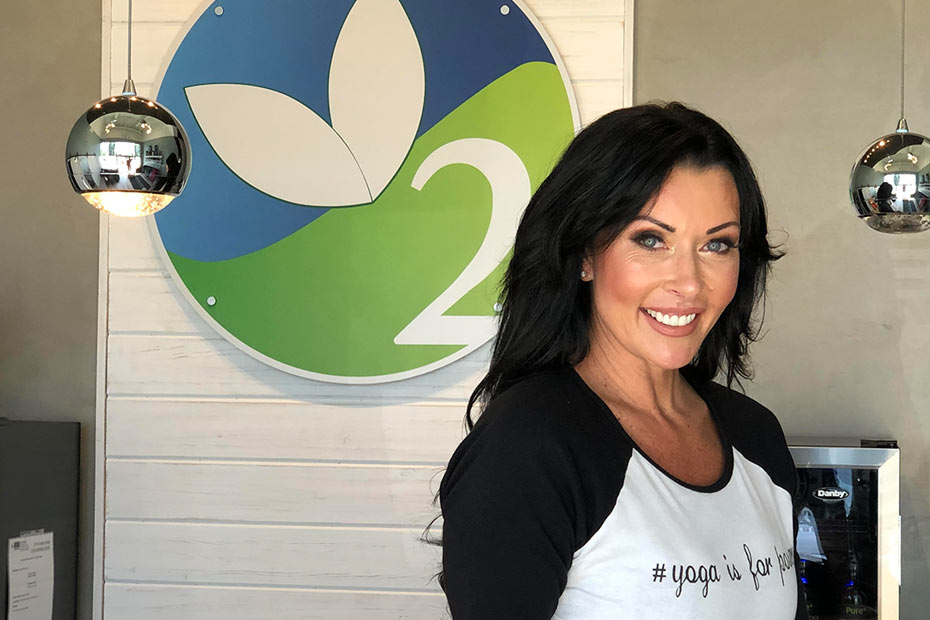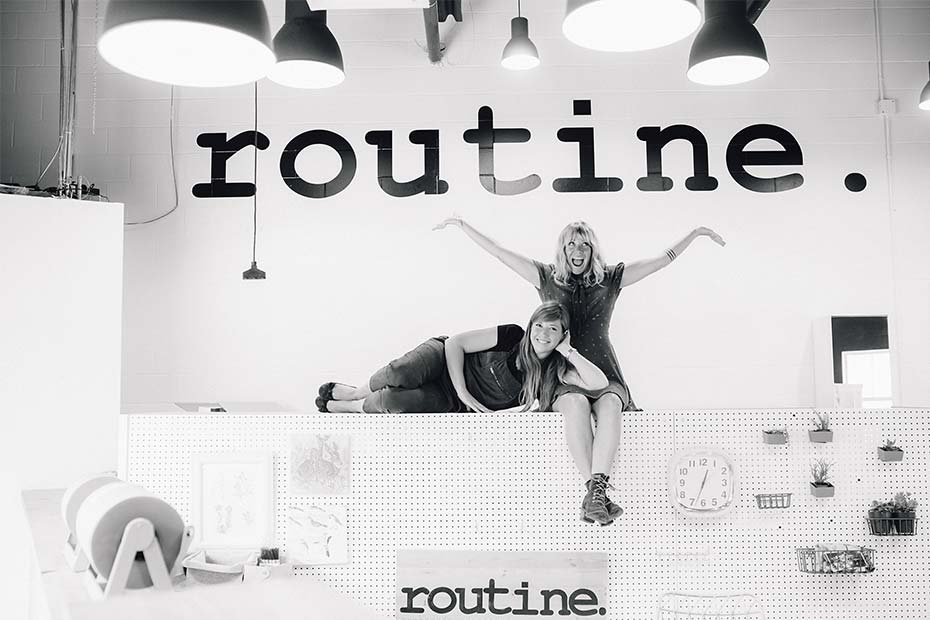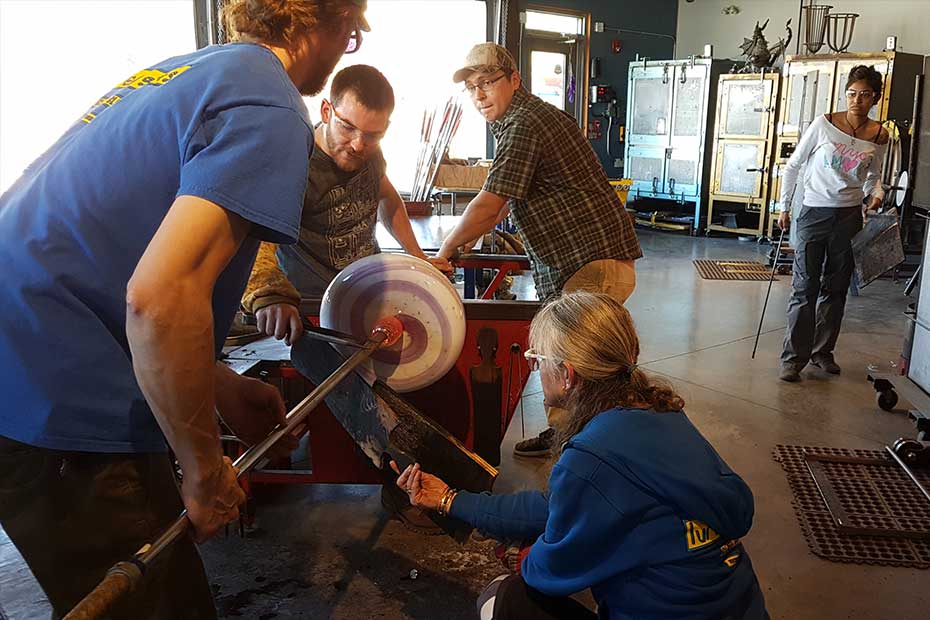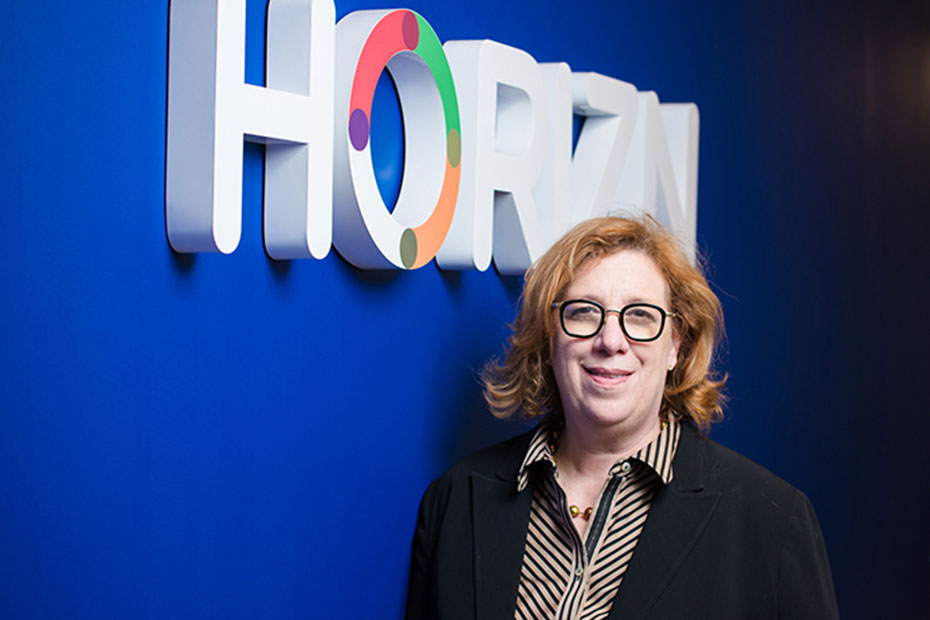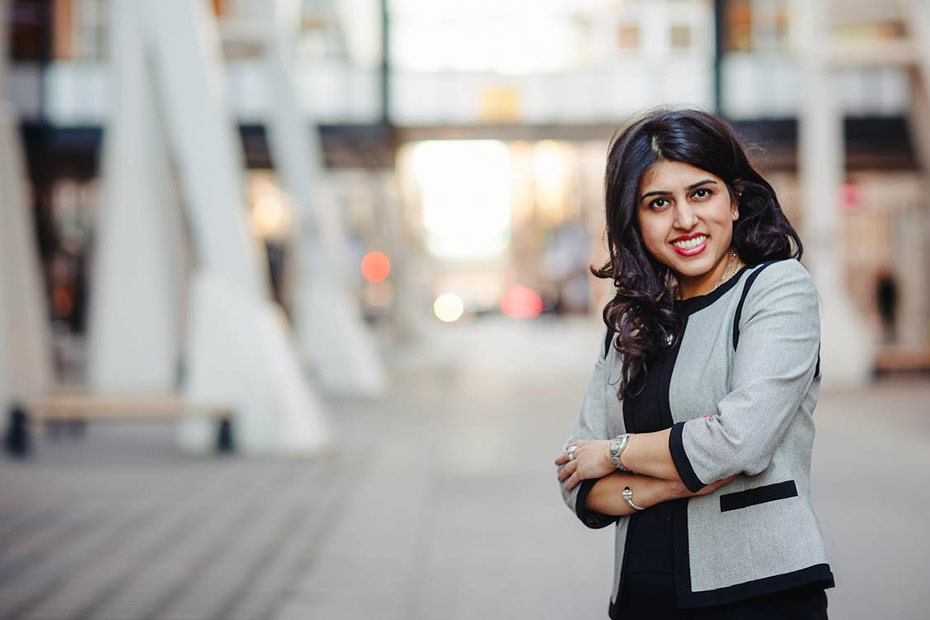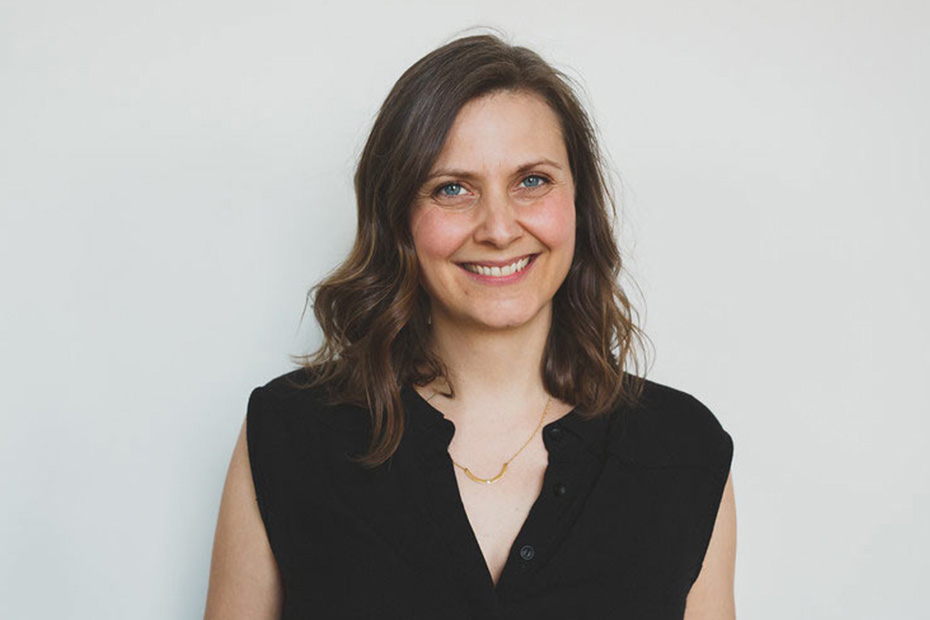#IMadeThis - Innovators, entrepreneurs, and idealists
Ever wondered how successful entrepreneurs turn their dreams into reality? What drives them to push the envelope, create change and advance their industries? We had the opportunity to ask Canadian small business owners how they transformed their ideas, goals and passions into reality.
Andy Dale shares his bold, thoughtful journey — and how taking the leap, following his heart, and tapping into his family’s legacy has paid off.
We visited Andy in his co-working space where he gave an aspiring entrepreneur some motivational advice and tips about starting a business, the day-to-day challenges he faces, and the role joy plays in driving success.
Q: How did you go from a successful career in finance to growing a successful leather bag business?
Dale: I wanted to do something different and that respected my values – true quality craftsmanship, respect for people and the environment, and doing business with integrity. I had always grown up with a creative, entrepreneurial spirit, yet social norms and pressures — real or imagined — can prevent a lot of people from taking that leap. I’ve travelled a lot and I started imagining how I could create a product that represented one’s travels through life – physical and metaphorical.
I knew I had a natural affinity for fashion so I started diving into different fashion markets. I found that the leather bag market — especially bags for men — was really underserved. I also found that most leather bags were overpriced. But it’s about more than bags. Bags are just the first example of demonstrating that the best products – ones that are timeless, bold, and handcrafted – can also be made with the highest integrity.
I’m also going back to my roots with LeDaveed. My grandfather was an 8 year old orphan in pre-war Europe who dreamed of becoming a leatherworker as a way to gain independence. As a child, he began apprenticing in harsh conditions and proceeded to stitch high-quality leather goods by hand for about 50 years – including when he came to Canada as a refugee, when leather goods allowed him to re-start his life from scratch. It’s an honour to continue his legacy – a story of survival and hard work.
In two years we have had a lot of success with this model of soulful products that bring people joy.
Q: What was your biggest hurdle to getting started?
Dale: Creating a very distinctive product in terms of its materials and supply chain was a big hurdle. I was driven to respect the standards of the environment and to empower people — but I knew if the product wasn’t as good or better than competition, no one was going to buy it.
Finding a manufacturer was a challenge too. We are working with a rare Canadian manufacturer that has been doing high-end leather bags for decades — they are the one holdout. 90 per cent of production is farmed out to China.
I had to convince them to take a risk on us. I had to say, “We’re a startup with no money but a dream. The founder is funding it.” Saying, “Trust me it’s going to work,” was a big hurdle.
Q: How did you build your client base?
Dale: Our story is so powerful, and in the early days I would blog about what it was like to start a fashion company from scratch. That blog created the first set of buyers when we launched. I was so excited when those followers opened their wallets because they believed so much in what we represent.
We were also very fortunate to get great press, such as Glamour & GQ. But as it turns out, the niche publications have been more powerful. They write in such a way that it’s not about the product being the “it” bag of the season, but about how to assess leather, what to look for when buying quality goods, and how to buy things that last. These types of niche publications that write about craftsmanship have driven a lot of sales.
Then there’s word of mouth — people get stopped on the street. Our bags are very subtle but there’s something very striking about the boldness of the leather and zippers. It’s an understated luxury that really stands out.
Q: What inspired you to create your own leather, Nixburg Bullskin?
Dale: There was a point at which I almost shut the company down before it even got off the ground — because I didn’t leave Bay Street to make chemical-filled, mass-produced bags, which is what leather goods usually are. I wanted to protect the planet, and I thought: “I can’t use leather.” So I looked at “vegan” leathers, but found those are just plastic products that are laden with chemicals and they don’t last. “Vegan” has become so hot the last few years that marketing experts have sadly started calling plastic “vegan!” These bags end up in the landfill or ocean. I wondered if there was a way to use leather in a way that I could go to sleep at night. That meant creating my own.
There is a rural family in Germany who has been making leather since the early 1800s and we partnered with them on a groundbreaking, exclusive leather.
Our recipe uses 80 percent less water and 75 percent less energy than others. It doesn’t cause worker injuries. There is no salting, and water is treated before it goes into the river — in fact it goes back cleaner than it went out. The tannery has now granted LeDaveed North American exclusivity — nobody else can use them. They were just so impressed with our vision, and are driven by the same values that drive us.
Q: What are your biggest day-to-day challenges?
Dale: There are a lot, but it’s about staying focused on priorities.
As a founder, you have to be more soldier than general. Balancing strategic priorities like growth and vision with doing the nitty gritty is a really big challenge.
So whether that means being at the warehouse, taping boxes or writing notes to customers, these are things you’d hire employees to do … but that’s not what startups do.
It’s also very isolating to be an entrepreneur. People don’t often really get it. Sometimes they look at businesses and say, “You’re established, you have a product, a client base, so what do you have to do day-to-day besides process the orders and deal with customers?” There aren’t a lot of people to talk to about what you’re going through — how you need to stay true to your mission and believe in yourself.
I have a circle of mentors, I have advisors, an executive coach. Friends and family love you, but you really have to cultivate that intellectual support in the business community — you need a circle of professional people who stimulate you.
Q: What advice would you give other aspiring owners?
Dale: Number one: Don’t panic, don’t rush. Be patient, persistent and thoughtful. It’s easy to panic when things don’t seem to be moving forward.
Number two: Operate with heart and joy and purpose. Nobody is going to believe in you if your business pitch is just business. But if you say: “I believe in this product because it represents my values …” and if you’re respectful of people in the world and have a great story of quality around it, you’ll find that heart always sells. Joy is important. Life is too short not to have fun.
In November 2018, 23 women were recognized at the 2018 RBC Canadian Women Entrepreneur Awards. These exceptional women, and their trail-blazing companies from a variety of industries, share a common goal — to be the best at what they do.
More from the Canadian Women Entrepreneurs Series:
This article is intended as general information only and is not to be relied upon as constituting legal, financial or other professional advice. A professional advisor should be consulted regarding your specific situation. Information presented is believed to be factual and up-to-date but we do not guarantee its accuracy and it should not be regarded as a complete analysis of the subjects discussed. All expressions of opinion reflect the judgment of the authors as of the date of publication and are subject to change. No endorsement of any third parties or their advice, opinions, information, products or services is expressly given or implied by Royal Bank of Canada or any of its affiliates.










